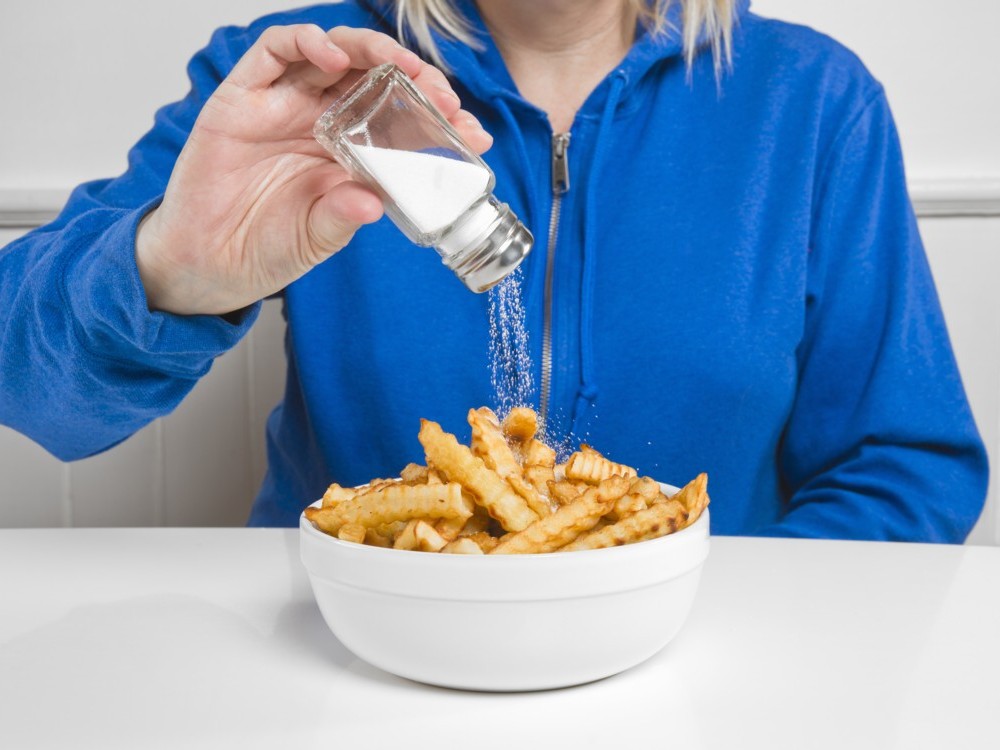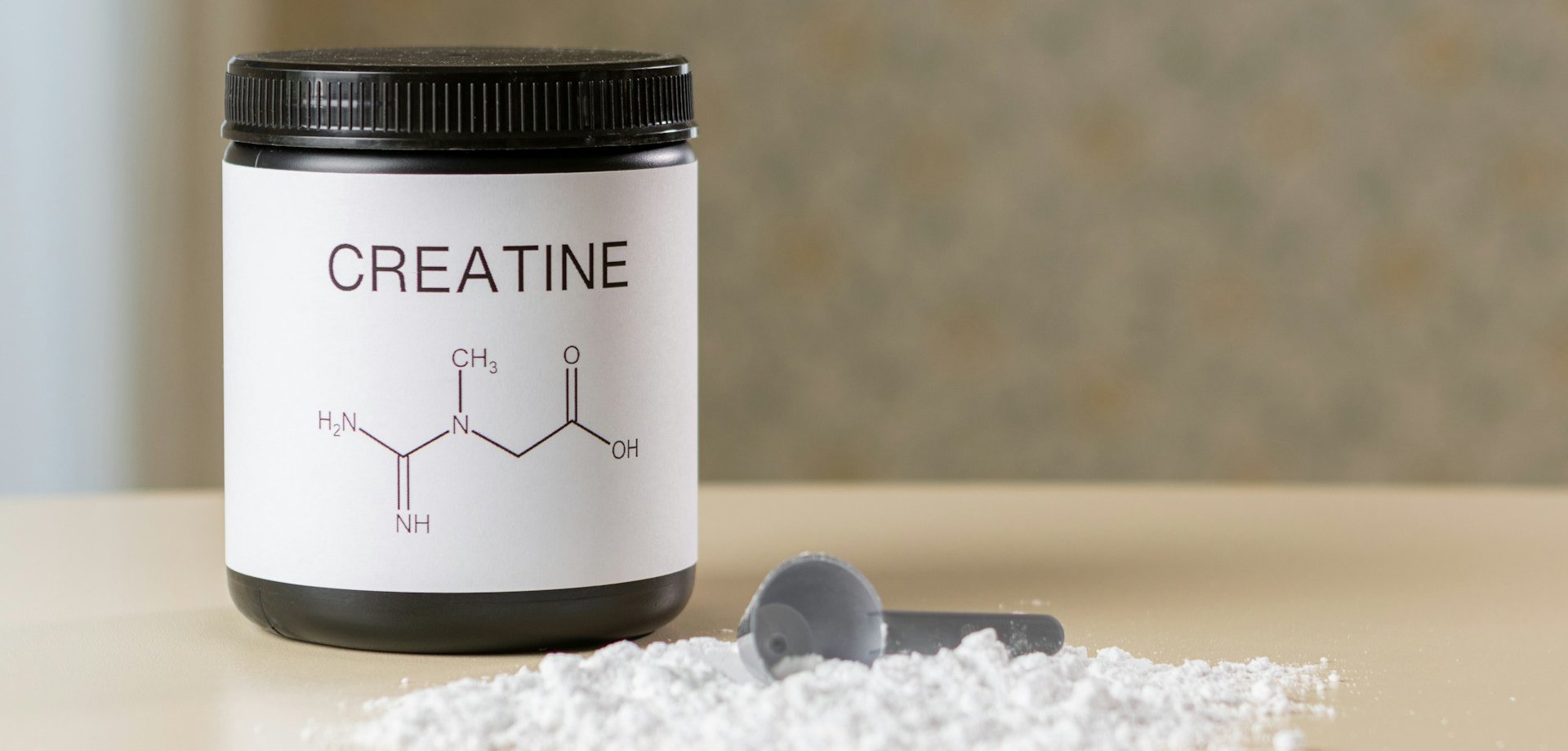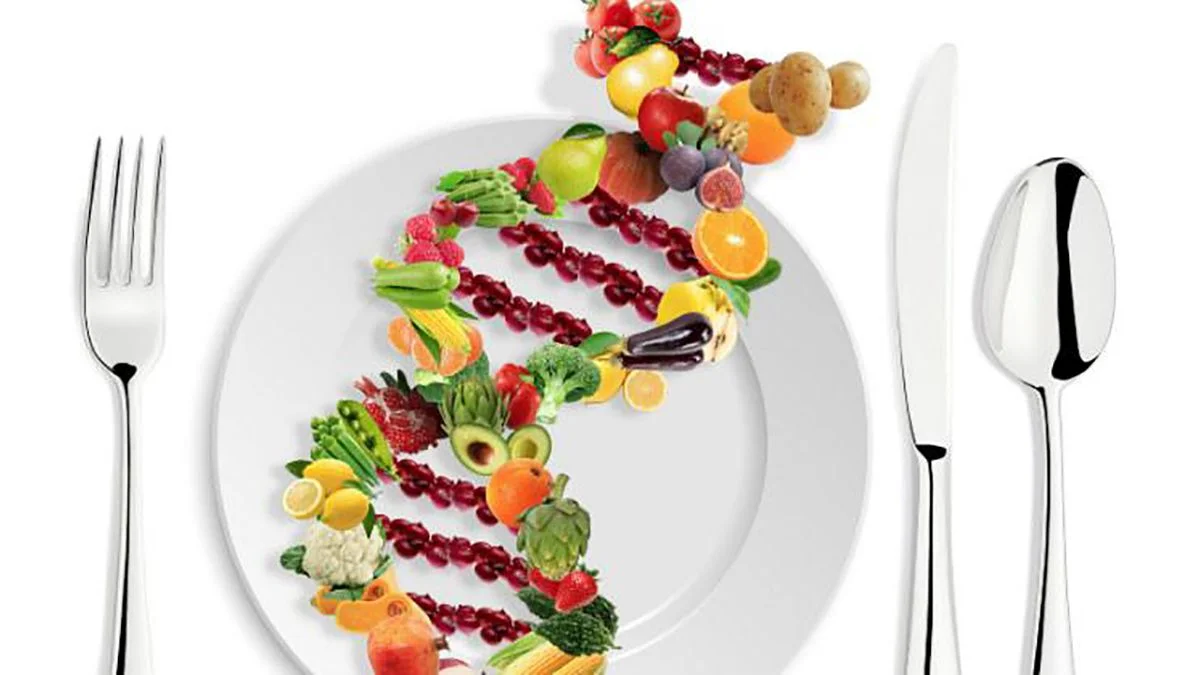Does binge eating make you fat?
Author:
Julio Valero
Published on:
6/26/2020

Regular overeating can cause fat gain, however if you binge eat, this is mostly converted to water and more so if glycogen stores are low and the meals contain carbohydrates.
Eating too much regularly can pack on the pounds. But if you binge eat, you'll mostly gain water weight, especially if you're low on energy stores and eat a lot of carbs.
Thermogenesis
Some ingested calories are digested, absorbed and metabolized into other foods, and other calories are used as energy/heat. The process described is known by several names, the most well-known being Diet-Induced Thermogenesis (DIT), other names being Specific Dynamic Action (SDA) and Thermic Effect of Food (TEF).
10% of caloric intake in healthy adults is represented by the DIT, although this percentage can actually vary depending on whether lean body mass and food composition are included. Below I explain the percentage of energy provided by each macronutrient:
Fats produce 0 to 3% thermic effect, each gram of fat contains 9 calories per gram.
Carbohydrates produce 5 to 10% of thermic effect, they contain 4 calories per gram.
Proteins produce 20 to 30% of thermic effect, they contain 4 calories per gram.
When we overeat, some people may become restless or hyperactive, either consciously or unconsciously, as their bodies attempt to burn off the excess calories. This increased activity, known as Non-Exercise Activity Thermogenesis (NEAT), can vary significantly from person to person, which may explain why some individuals are more prone to weight gain.
Glycogen
The body has two ways to store carbohydrates, to do this it is necessary to complete the glycogen reserves in the liver and skeletal muscle, therefore, we can say that another way of storage is transforming it into fat when the liver and skeletal muscle deposits are already full, this process is known as de novo lipogenesis (DNL).
Glycogen in the Liver
The liver is used as a temporary storage for glycogen. When you are sleeping, the brain obtains the glucose it needs to function from the liver. This glycogen is not stored alone, it needs to be bound to water, therefore, each gram of glycogen contains 2.4 grams of water.
Glycogen in the muscles
Muscle mass varies between men (22-40 kg) and women (15-30 kg). Considering an average muscle glycogen content of 11.7 g/kg, men store between 256 and 466 grams of glycogen, while women store between 175 and 350 grams. It's important to remember that glycogen is stored with water, so the total weight isn't just glycogen. If you consume a lot of fluids and carbohydrates after exercise, the amount of water bound to glycogen can increase.

Glycogen Depletion
As we know, athletes have greater glycogen storage capacity than sedentary individuals. In one study, three male college athletes were found to have an average of 810 grams of glycogen. To achieve these levels, the athletes followed a protocol where they first depleted their glycogen stores through exercise and a low-carbohydrate diet for three days. In the following seven days, they ingested between 3,500 and 5,000 calories. Interestingly, on the first of these seven days, they replenished glycogen stores without any weight gain. On the second day, fat synthesis increased by 30 grams, and on the third day, it increased by 45 grams. To conclude this one-week overeating study, the athletes gained an average weight of 4.6 kg, of which 1.1 kg was fat. The remaining weight gain was attributed to water, glycogen, and intestinal contents, indicating that despite overeating, not all the weight gain was in the form of fat.
To minimize fat gain, deplete glycogen stores through diet and exercise in the days leading up to a feast. This can help buffer the caloric impact of the meal, especially if strict diet control isn't feasible. Alternatively, if you can maintain dietary control, consider reducing calorie intake on the days before the feast to save calories for that special occasion.
Forming Fat from Carbohydrates
Based on what has been said above, if glycogen reserves are full, carbohydrates are stored as fat. When more calories are consumed than are used, this is called de novo lipogenesis (DNL), this process is the least preferred by the body, because it is better to use carbohydrates for quick energy or store them as glycogen.
A study was conducted on healthy men who ate a single meal for 10 hours, resulting in most of the carbohydrates being converted to glycogen and the remainder being used directly.
When carbohydrates are consumed, the body uses them as energy; if not, they are stored as glycogen in the liver and muscles. If these reserves are full, they begin to produce fat from carbohydrates.
Water Loss and Retention
As explained above, water binds to glycogen so that it can be stored in the liver and muscles, which is why it is known to be able to hold large amounts of water. Blood and water volume vary with exercise, medications, and dietary factors.

One of the main factors of water retention is salt (sodium), which is necessary for glycogen replacement. This drags water wherever it goes; we also have water stored in the bladder, and the water content in the rectum.
Obviously, if you binge, you can gain weight due to having more food and water retained in the intestinal tract, bladder and rectum; in addition to this, you will have more water due to the consumption of more carbohydrates and salt, which will replenish glycogen.
In summary
If you overeat, the immediate weight gain is often due to water retention, especially if your meal was high in salt and/or carbohydrates. To actually gain fat weight, you need to consume a significant calorie surplus over an extended period. The specific macronutrient composition of your diet also plays a role. Some of the calories you ingest are used for digestion, and protein is primarily used for muscle building and repair, especially if you exercise regularly.
To conclude, these sporadic binges are not going to make you gain weight directly if the weekly caloric balance is not in a significant surplus, and the weight you see is water, glycogen, intestinal transit, etc. However, this weight gain can take several days to disappear, and this can make you think that you have gained fat, and you will continue eating as if nothing else matters.
If you overeat regularly and your weekly balance remains in surplus, you will undoubtedly gain fat weight.
If you want to see the studies I used for this analysis, you can go to the website: https://examine.com/nutrition/can-one-binge-make-you-fat/
Comparte en redes sociales
Recent posts

A bad night's sleep: a reason to stay up even longer?

Creatine Effectiveness: What Does Science Say About Its Benefits?

Does meal timing help you lose fat?

Is your triceps press building muscle or holding you back?

Nutrition tailored to you: based on your genetic profile.

Carbohydrates: the key to an explosive workout.